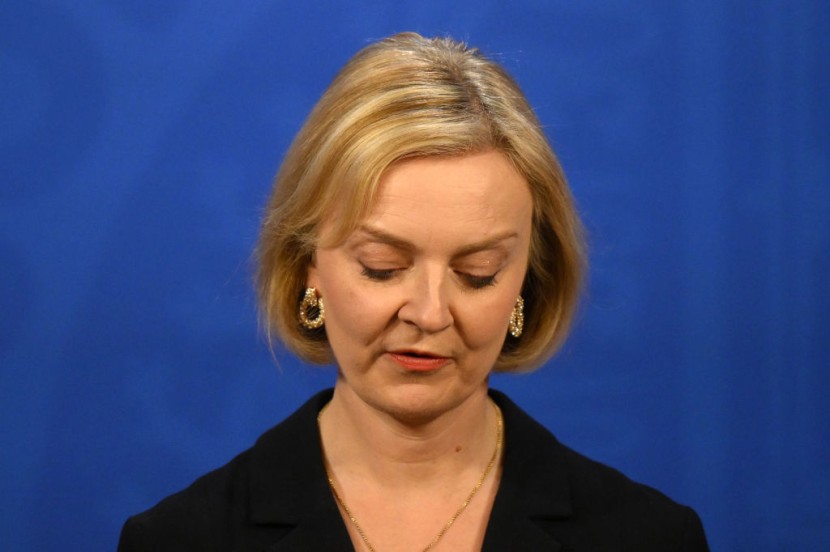
United Kingdom Prime Minister Liz Truss revealed during a press conference that she was walking back on a tax plan that shook global financial markets after mounting pressure from Tory MPs and the firing of her finance minister, Kwasi Kwarteng.
During her brief appearance at Downing Street, the prime minister vowed to raise the country's corporate tax rate after she previously promised she would not do so last month. The raised taxes are expected to help pay for other tax cuts that Truss had initiated and are meant to calm investors who are concerned that the cuts were unfunded.
Reversal of Tax Cut
Truss said that it was clear that their mini-budget went further and faster than what markets had anticipated. She added that officials needed to act quickly to reassure the markets that they would be alright.
The UK prime minister noted that corporate taxes would rise by $20 billion, which would serve as a "down payment" and help restore confidence. However, Truss declined to apologize for the shaky situation that was observed in recent weeks, insisting that she remained committed to her objective of supporting economic growth, as per the New York Times.
The reversal of the tax cut was expected by many because of the turmoil in the last few weeks, but Truss made no mention of any further changes to other policies. For example, she has plans to reduce the basic income tax rate.
Truss' statements came after three weeks of turmoil following an announcement last month made by the Chancellor of the Exchequer, Kwarteng. At the time, the current was plunging and government borrowing costs soared.
According to MarketWatch, furthermore, some believe that Truss is next in line to be removed from her position due to the rebellion in her own party. There was a 56% chance that the prime minister would be ousted based on the political betting market Smarkets.
Dismissal of Finance Minister
It also showed that 45% expect Truss to leave by next year, implying a slim chance that she would even get to a general election to face off against the Labor Party's Keir Starmer which is scheduled for no later than January 2025.
Truss' polling results have shown abysmal results with one this week from Ipsos showing Labor with a 47% to 26% lead in voting intentions. The number represents the biggest lead for Labor since October 2002.
Furthermore, analysts are increasingly expecting a change to happen within the party, and, down the line, to the country's government. A senior economist at Berenberg, Kallum Pickering, said that the dismissal of Kwarteng just over a month into his position most likely looks worse for Truss than the finance minister.
Kwarteng posted a letter on Twitter where he had agreed to step aside at Truss' request, saying that the prime minister's vision of "optimism, growth, and change" was the right one and continued to pledge his support.
Truss has chosen Jeremy Hunt to replace Kwarteng, becoming Britain's fourth finance minister in just over three months. While Kwarteng was the architect of the mini-budget, the economic vision was drawn by the prime minister, CNN reported.
Related Article : Joe Biden Reveals Plan with India as 'Major Defense Partner' in National Security Strategy








